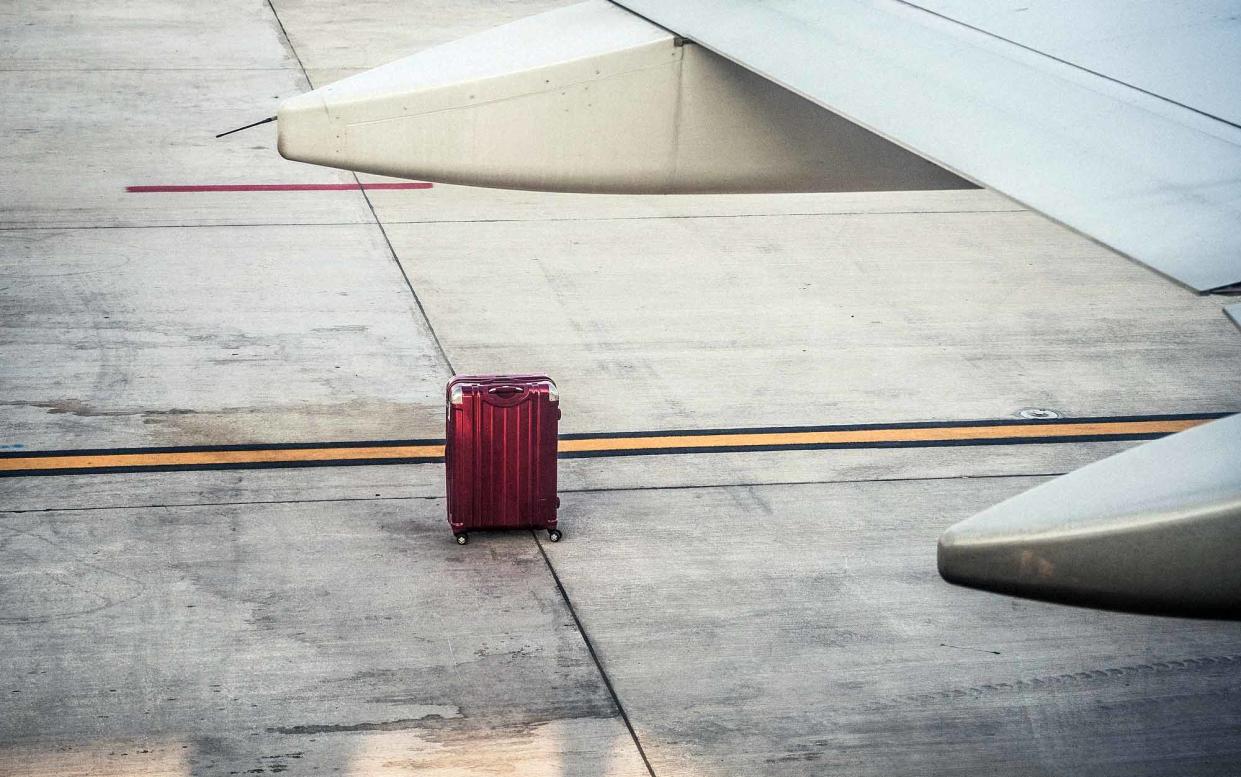How well is your luggage really treated at an airport? A peek behind the scenes

It's always unnerving, that moment we wave our luggage goodbye at check-in and watch it roll down the conveyor belt into the great unknown.
That suitcase does, after all, contain all our favourite, carefully-curated and most essential worldly goods. Well rest assured, there's a very slim chance it will come to harm - at least not on purpose.
One former baggage handler has offered a comprehensive account of what goes on between the time you fly from A to B, and offered insights into how you can best protect your belongings while they're not in your care.
Toronto-based aviation worker Manpreet Singh, writing on question-answer forum Quora, revealed the following nuggets.
It's really hard for airport staff to steal
"For someone to steal from your luggage is quite rare these days but it does happen," he says, adding that plenty of CCTV cameras are positioned in baggage processing units and even some aircraft cargo holds, thus "eliminating temptation".

If they do, they will get caught
"Ground handling companies keep close watch on their employees and if they notice that theft is reported on a certain employee's shift frequently, an undercover investigation is launched," he writes. "The majority of the times the thief is caught and prosecuted."
No, you don't need a knife-resistant case
"I have no idea why [anyone would say] to buy a knife-resistant suitcase," Singh muses. "If you aren't allowed to bring a knife into the terminal, why would they allow us to have one?" Fair point. Airport staff undergo the same screening processes as passengers, he points out.
And if an employee were to be caught with a knife? "You lose your security clearance and you also lose your job. Baggage handlers know this so they don't do such stupid things."
All that said, luggage does get damaged on occasion and that's because of the robust system of transporting it. It's also down to human error, most often the passenger's.
Top causes for damage to luggage
Overpacking is perilous, according to Singh, who says he saw at least one bulging case burst open on a daily basis. "Just because your suitcase closes, doesn't mean it's going to hold," he remarks. He also points to luggage with loose threads that get tangled in machinery.
"I've seen suitcases get torn to shreds and people's things scattered all over belts in the past. If you're still using your grandpa's suitcase from the Seventies, you're just asking for it."
Beware the airport 'punching arm'
At all major airports, there's a solid metal arm which knocks bags onto the right laterals during transport.
"It's meant to push things that weigh up to 100 pounds, so if you had [a bottle of] wine not secured properly in your bag, it's going to end up all over your clothes," Singh warns. The arm is also bad business, again, for overpacked bags.
Yes, your bags will be thrown
"Unless you're flying wide body [in which bags are placed in crates], chances are your luggage is being thrown around underneath your seat," Singh states.
"From the aft cargo door to the end of the pit of a 737–800 is roughly 25–30 feet. That bag being unloaded needs to be thrown from the back, to the door."
The majority of aircraft today do, however, hold luggage in crates of a certain weight - say, a tonne's worth of bags - rather than chucking them in the hold loose. But a bag's journey is not without its bumps.
Conclusion? Chances are your luggage will take a battering as it makes its way through an airport, but it's unlikely to be tampered with on purpose. And according to Singh, everyone in this day and age should upgrade from soft suitcases: "Hard cover is the one and only way to go."